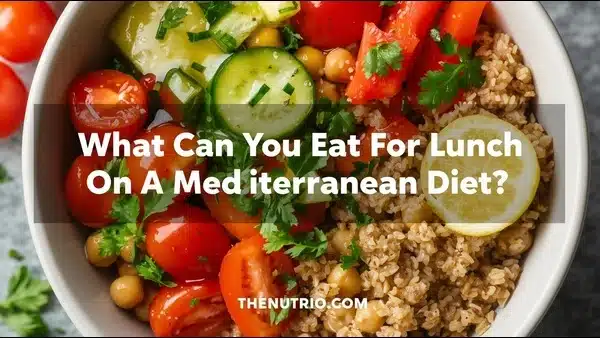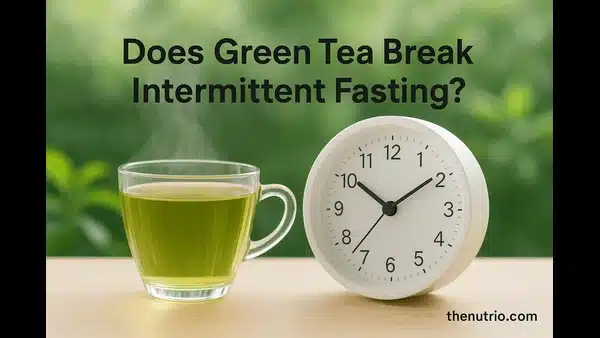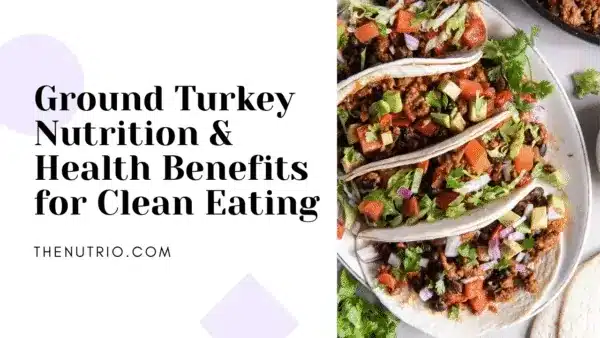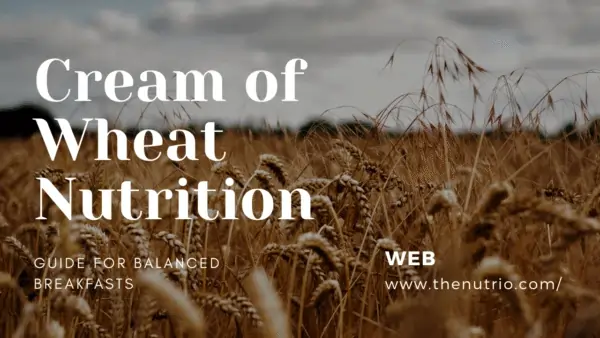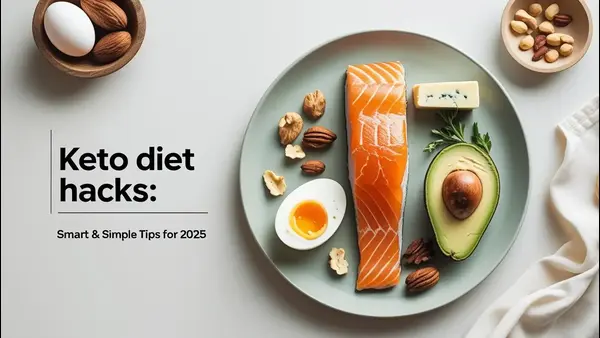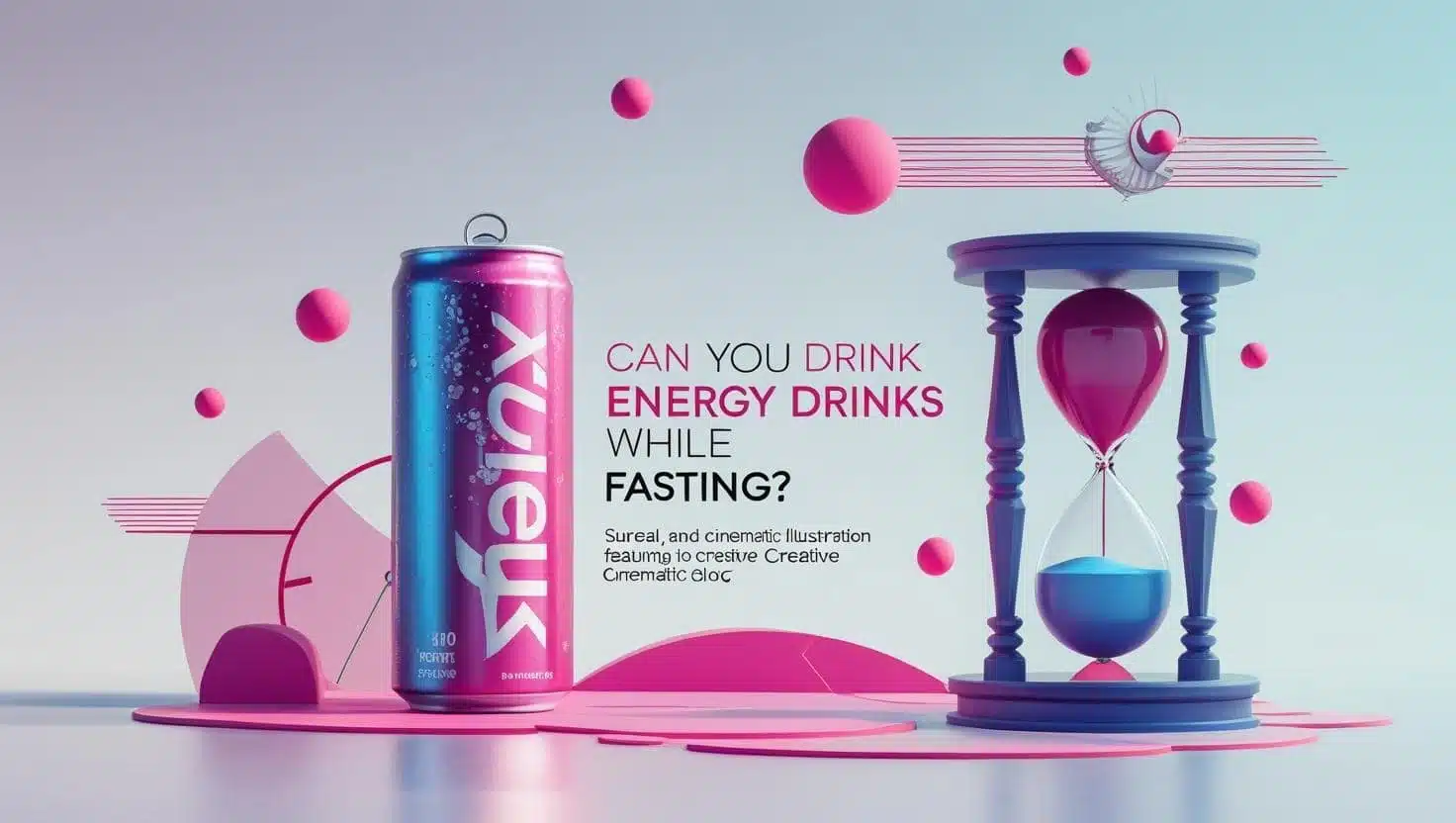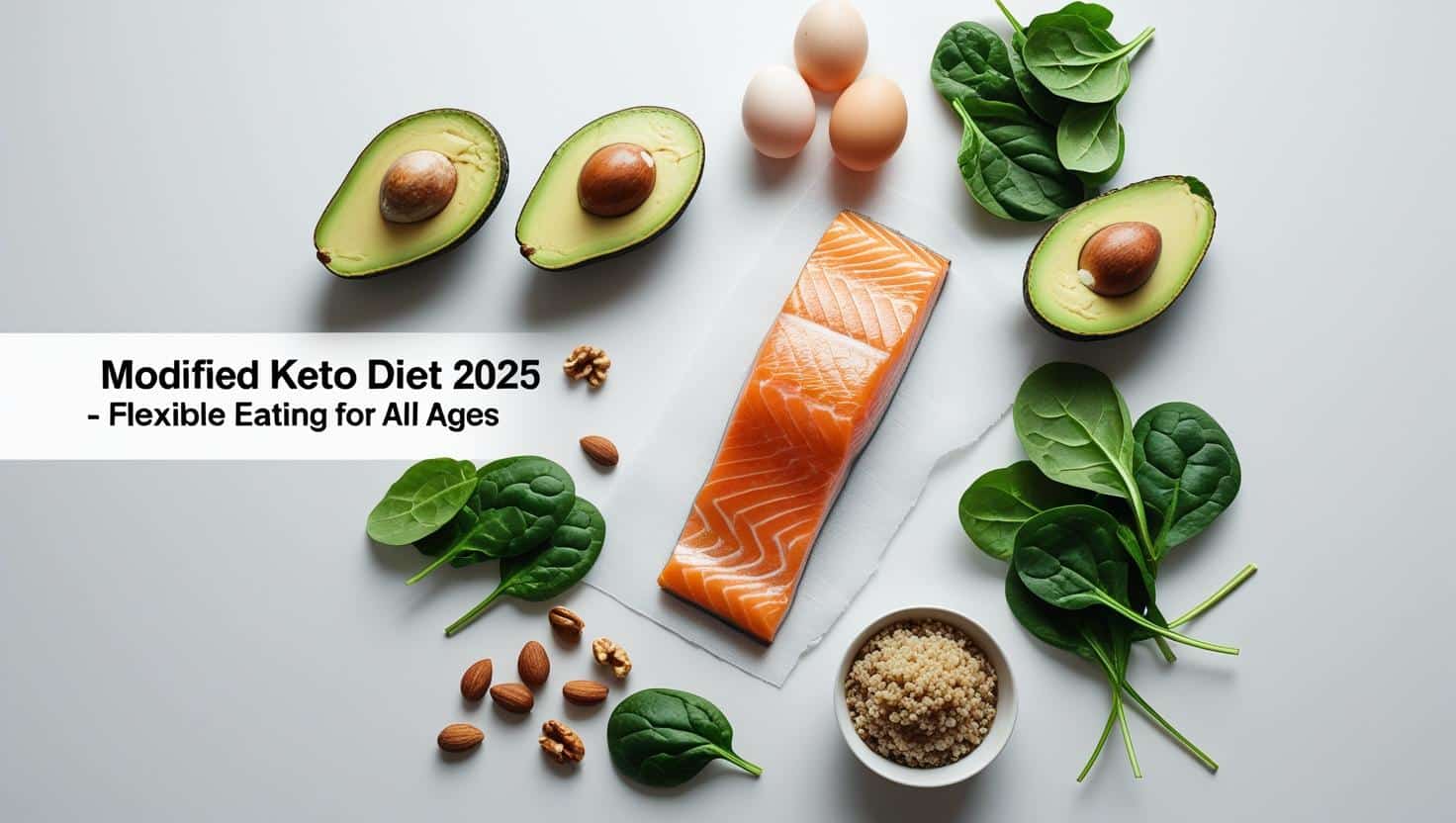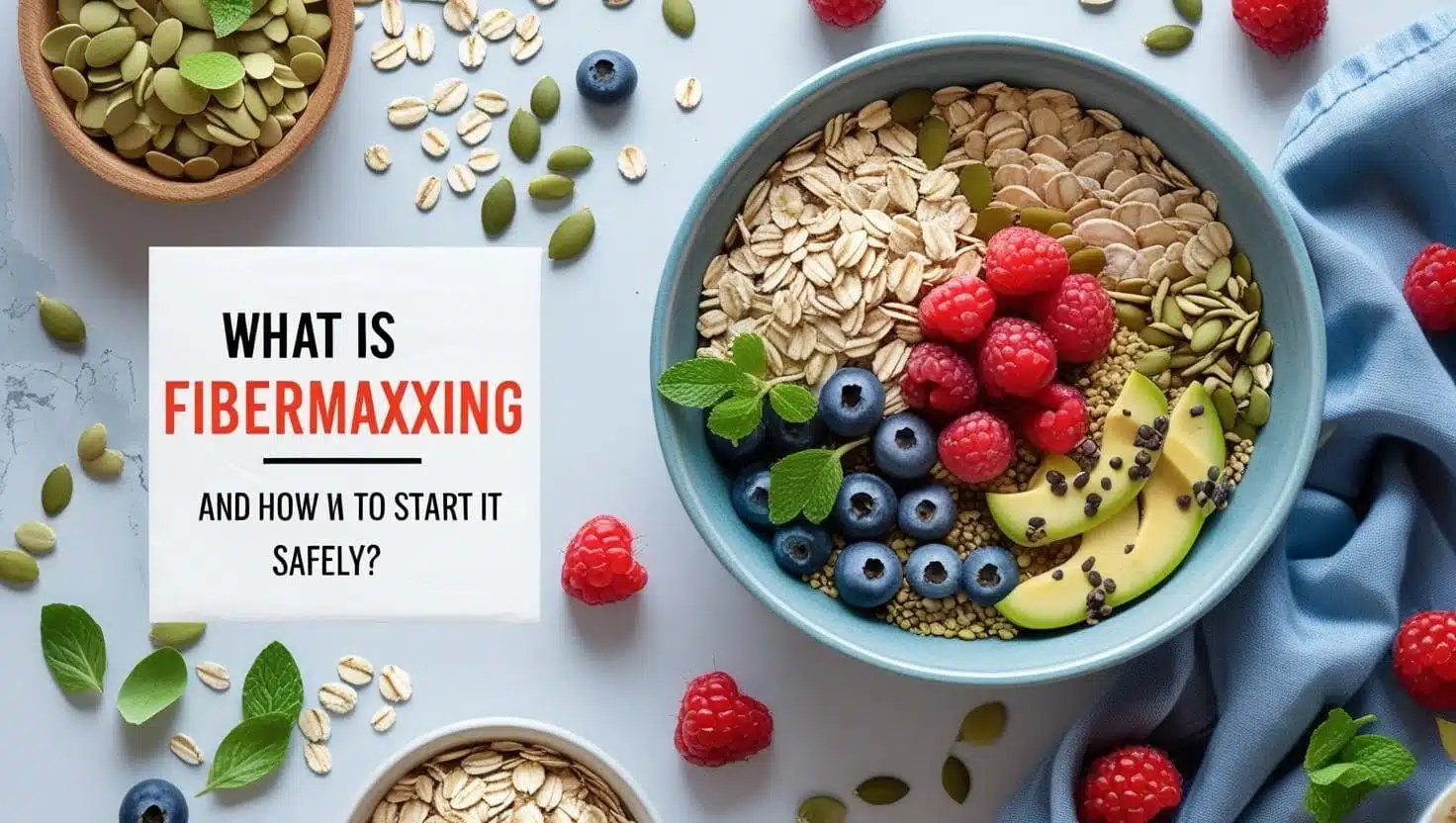
Fasting has been really trendy in the U.S. for the last couple of years. From intermittent fasting apps that are popular on TikTok, to famous people doing water fasts. So it appears that everyone is trying fasting these days. But if you’re one of those women wondering just how much fountain of youth water will you be able to ingest in 2025. The answer to “Can you fast while on your period?“.
The short answer is yes, but it depends on the type of fasting, your health and how you’re feeling when you’re on your period. We’ll go through it all in this guide, from intermittent fasting to water fasts, rules of fasting for religious fasting. So you have an option as to what’s well for your health and way of life.
What Happens in Your Body During Menstruation?
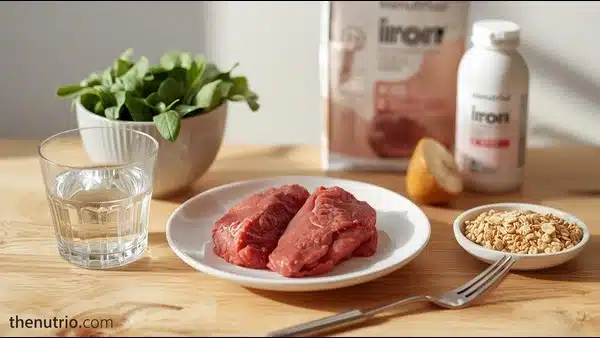
When you’re on your period, your body is already going through a lot:
- Hormonal shifts: The hormonal changes of estrogen and progesterone drop, which can cause changes to mood, energy and appetite.
- Nutrient needs: You lose iron through your blood and this can make you fatigue. The USDA notes that women of childbearing age are already at greater risks of iron deficiency.
- Insulin sensitivity: There are some studies that suggest women might be more insulin resistant during certain phases of their cycle, which might make fasting harder.
Translation? Your body is working hard. That’s why it is not always easy to do without eating during this time.
Read Also: What to Eat on an Empty Stomach in Morning to Stay Healthy?
Types of Fasting Explained
Intermittent Fasting (IF): Consuming all meals in an 8 hour period of the day (such as 8 hours ON, 16 hours OFF) or on alternate days. IF is fashionable, with about 10% of people in the US reporting that they use IF as a diet, often for health or weight loss.
Prolonged/Therapeutic Fasting: Refraining from solid food (or consuming very low caloric foods) for several days or weeks. Some people do this for medical supervision (e.g., a 10-day supervised fast) or for “resetting” their body in different ways.
Fasting in Religions: Many religions have fasting periods. For instance, Muslims have to observe fast from dawn to sunset during the month of Ramadan but they are free if they are menstruating. Hindus may fast on some of their sacred days. The fasts are different: some allow water, others don’t allow certain foods, etc.
Each form of fasting has different effects on the body. Longer period fasts are more stressful than short period fasts (IF). We’ll see how all these have to do with menstrual health.
Can You Fast While on Your Period?
Yes, you can but listen to your body. Fasting while period is usually safe for healthy women. But it may not be good for all people. If you feel very weak or dizzy or feel lightheaded, it may not be time to fast. Many people ask: “Does fasting stop your period?”. The answer is usually no, but prolonged or severe calorie restriction will sometimes postpone or cause irregular cycles.
Read Also: Can You Drink Energy Drinks While Fasting?
Intermittent Fasting on Your Period
Intermittent fasting has the ability to alter female hormones. The Cleveland Clinic also states that fasting tends to decrease estrogen and progesterone levels. These hormones are in charge of your menstrual cycle. Your body, when you fast, will assume that there is no food. Which can inhibit ovulation, preventing conception during times of stress. Periods can therefore be postponed or even halted, by hormone signaling, with intermittent fasting. According to one physician, fasting may influence ovulation and menstrual cycle. Not all women will be able to see this but more likely when you fast very hard.
The cycle is not generally upset by a mild fast of some 12-14 hours. Which such women usually undergo overnight (before menopause). But even more extreme fasting, such as not eating every other day, must be approached carefully. Women with special health conditions should not fast intermittently as suggested by doctors. Kids, adolescents, pregnant, or lactating and those. Who intend to get pregnant ought to avoid intermittent fasting since their bodies require to be fed frequently.
Water Fasting & Extended Fasts During Periods
Water fasting is the process of spending at least a day drinking nothing but water.
- Risks: feeling more fatigued, low energy, headache, dehydration, increased cramps, and iron loss.
- It could be un-safe when your time of the month has arrived, you are anemic, or have fainted.
- If you want the benefits of fasting but don’t want to challenge your body, try bones broth, herbal tea or light soups, and such.
To sum it up, most women should not fast on their time of water fasting.
Religious Fasting and Periods

Fasting is not about just health and diet. It is also a religious and spiritual practice. Menstruation is a stressful event, which most cultures know. As an example, Islamic law indicates that a woman cannot fast during Ramadan when she is on her menstrual period. She shall be able to fast the missed somewhere later. This is not a law of purity, but a law of kindness. According to one scholar menstruation causes the body to be tired and tense. So not fasting is good and heavenly.
Likewise, various cultural and religious provisions state that females are allowed to miss fasts during their menstrual cycle and may resume them later. This reflects a long history of appreciation of the physical taxing nature of menstruation. Naturally, one can decide to fast or adhere to some diets any time. So we can be glad that most rituals do take the burden of fasting off women in the name of health.
Read Also: How Healthy is Oikos Triple Zero Yogurt for a High-Protein Diet?
Benefits Of Fasting While On Period
Others claim that period symptoms can be relieved through light fasting and some types of diets. For example, in a very small study from 2023 young women who had painful periods were asked to undertake a very low calorie fast for 10 days. Amazing enough, the fasters suffered less pain and cramping. As well as were in better shape months after it compared to the not-fasting group. This indicates that, under medical observation. Some therapeutic fasts may help to alleviate dysmenorrhea, or period pain.
Diet during specific time of the day can reduce insulin resistance and weight. This may in turn assist in hormonal balancing. In an analysis of PCOS, the women that used intermittent fasting had improved menstrual symptoms and lost weight. So, if your periods are not regular due to weight, or metabolic issues. Intermittent fasting may be helpful, although it must be thought of.
Risks of Fasting on Your Period
Studies indicate that fasting results in menstrual difficulties. A survey of Iranian study student discovered that abnormal periods were raised to 30% during Ramadan fasting as opposed to 11% prior to actually Ramadan. Students that fasted over 15 days in a row experienced the most problems. Others had uneven cycles, taking months. This proves that excessive fasting can disrupt your period.
Worse PMS or fatigue is other issues which may occur when you fast during your menstrual period. Energy is already being expended in your body. So having less food or less drink may exacerbate fainting, headaches or aggravate irritability. Not drinking water is a major concern: when your body gets menstrual blood. It is losing water and without water you will feel aches and swelling increasing when you cannot drink. According to the health experts at GoodRx, water helps alleviate period pain and dehydration contributes to the severity of the pain. There is a chance of that happening when you starve and miss water.
In short, there can be light or conscious fasting that can be beneficial. Similar to weight management, increased insulin sensitivity, or less period pain in certain instances). However it has adverse effects (dehydration or anemia potential, irregular cycles, LH levels are dropped).
How to Fast Safely While on Your Period?

And whether you choose to keep fast during your menstrual period. Because of spiritual reasons, or because it is a habit, or simply because you want to give it a trial. Some guidelines to remain safe and feel better:
Watch Your Fluids: Don’t forget to drink plenty of water between permitted meals. Water is highly essential, as your body will lose water during your period. Continue to drink water so cramps do not become worse. To keep you hydrated, you can use herbal teas like ginger or chamomile which will help relieve pain.
Focus on Nutrient-Dense Foods: When you’re eating, choose foods that are high in iron and help minimize inflammation. Dark green vegetables such as spinach and kale, low-fat meat or beans contain iron that compensates lost in a period. Add water and nutrients by including fruits and vegetables such as watermelon cucumbers, and berries. Salty, sweet, and very fried foods should be avoided as they aggravate bloating and inflammation. Eating well assists your body deal with fasting and menstrual stress.
Listen to Your Body: If your body hurts and you’re tired, something isn’t right. If you are feeling dizzy or lethargic or have large cramps, stop the fast. Your health should take priority over staying on a plan. Experts say not paying attention to pregnancy symptoms or stress while on a fast can result in long-term complications.
Gentle Exercise: Light activity like walking, stretching, or yoga can help increase blood flow and relieve cramping. Avoid hard workouts. You should aim for good, restful sleep as feeling tired can intensify period symptoms.
Modify Your Fast: To customize your fast break, you can either have a shorter fast such as 12:12 or fast less often. Some women only avoid very long fasts during the bleeding time. Others may fast on lighter days, such as the first, or last day of the flow, if this works for them. Modulate your Fasting according to your energy.
Read Also: Modified Keto Diet: 2025 Guide for All Ages
Who Should Not Fast on Their Period?

Certain people should definitely not fast on their period. This includes teens and young women that are still growing, because they need regular calories and nutrients. Also, if you have a medical condition (like anemia, diabetes, history of an eating disorder), don’t fast or talk with a doctor. Women who are pregnant or nursing should never fast as their body requires extra food. Even women trying to get pregnant may not want to be fasting intermittently. Since these irregular fasts can prevent ovulation.
Conclusion
So, can you fast while on your period? Yes, but with care. Intermittent fasting is generally safe, as long as you can stay nourished and hydrated. While, water fasting may be way over the top. Religious fasting rules also often allow for flexibility for women who are on their period.
The bottom line: Listen to your body. If fasting makes your period symptoms worse, it’s OK to take a break. Your health is always #1.
Frequently Asked Questions (FAQs)
Yes, but that primarily holds true for very strict calorie restriction fasting. If you’re getting at least the minimum amount of nutrients during the times when you eat, your cycle should be normal. Excessive dieting or long water fasts can delay or omit periods. If you go more than 2 periods without periods, see a doctor. Pro tip: Think of fasting as an aid but not a punishment. A well balanced approach improves your health and your cycle.
Yes, you can fast on your period if you feel okay and you’re drinking enough water. Short fasts, such as 14 hours eating and 10 hours fasting or 16 hours eating and 8 hours fasting usually are fine. But, don’t do long or water fasts if you feel weak, dizzy, or lose a lot of blood. Listen to your body. It’s okay to discontinue from fasting until you feel better.
Dizziness can be a sign of low blood sugar or dehydration. If you don’t feel well, don’t fast.
Not recommended. Teenagers require more nutrients for growth as well as keeping their cycle regular.
Disclaimer: The information on thenutrio.com is only for educational and informational purposes and is not meant to be medical, nutritional, or professional health advice. Before making any changes to your diet, treatment plan, or health routine, you should always talk to a qualified healthcare provider, doctor, or registered dietitian. You use any information on this site at your own risk, and thenutrio.com and its authors are not responsible for any bad results.

